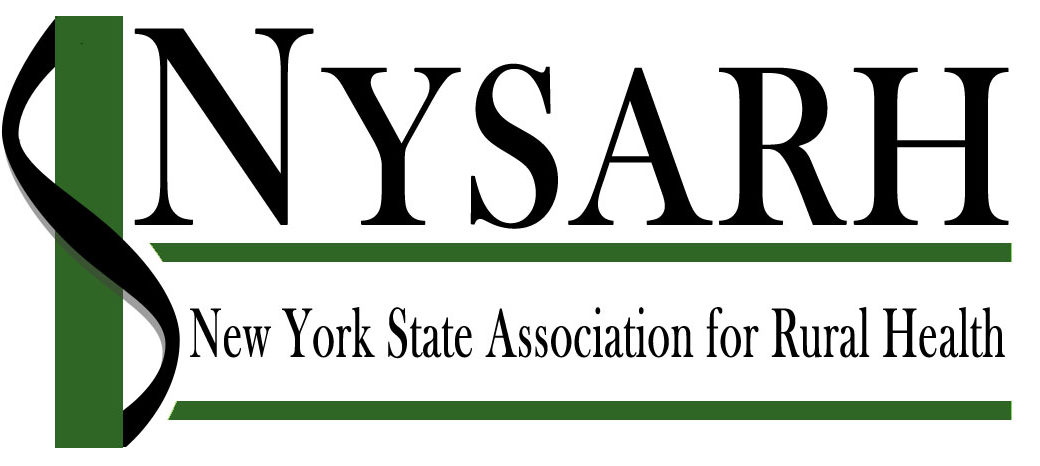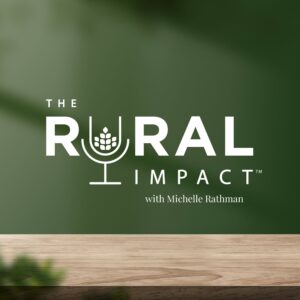Exploring Rural Health Podcast
A monthly podcast focused on current issues in rural healthcare and population health. Hear from the leaders and experts at the local, state, and national level who are coming up with solutions to help meet rural communities’ needs.
Listen and subscribe on a variety of platforms
Exploring Rural Health Podcast
A monthly podcast focused on current issues in rural healthcare and population health. Hear from the leaders and experts at the local, state, and national level who are coming up with solutions to help meet rural communities’ needs.
Listen and subscribe on a variety of platforms
A Prescription for Rural Healthcare: Bolstering Residency Programs in New York
by Elana Sitnik Across New York State, rural communities face a critical shortage of primary care physicians, hindering access to essential healthcare. Although New York State trains more medical residents
Mobile Food Pantry Coming to Rural Communities
Food insecurity is a pressing issue in many rural communities, where access to resources is limited. However, a beacon of hope is on the horizon for residents of Black River
Innovative Strategies in Rural Healthcare: Success Stories from Across America
Hospital leaders at the American Hospital Association Rural Health Care Leadership Conference in Orlando, Fla., showcased local initiatives to recruit and retain health care professionals. Jefferson Healthcare in Port Townsend,
Federal Communications Commission Announces Wind-Down Procedures for Affordable Connectivity Program
In response to a lack of additional funding from Congress, the Wireline Competition Bureau of the Federal Communications Commission (FCC) has issued an Order detailing wind-down procedures for the Affordable
High Suicide Rate Among American Farmers Sparks Rural Community Action
In 2023, the United States witnessed a tragic milestone as more than 50,000 Americans took their own lives, marking the highest yearly rate of suicide on record. Among the most
Rural Housing Coalition Unveils Marist Poll Results on Housing Affordability in New York
The Rural Housing Coalition (RHC) has released the findings of a recent Marist Poll on housing affordability conducted in mid-November. The statewide survey, encompassing 1,780 adults, highlights the pressing concerns

